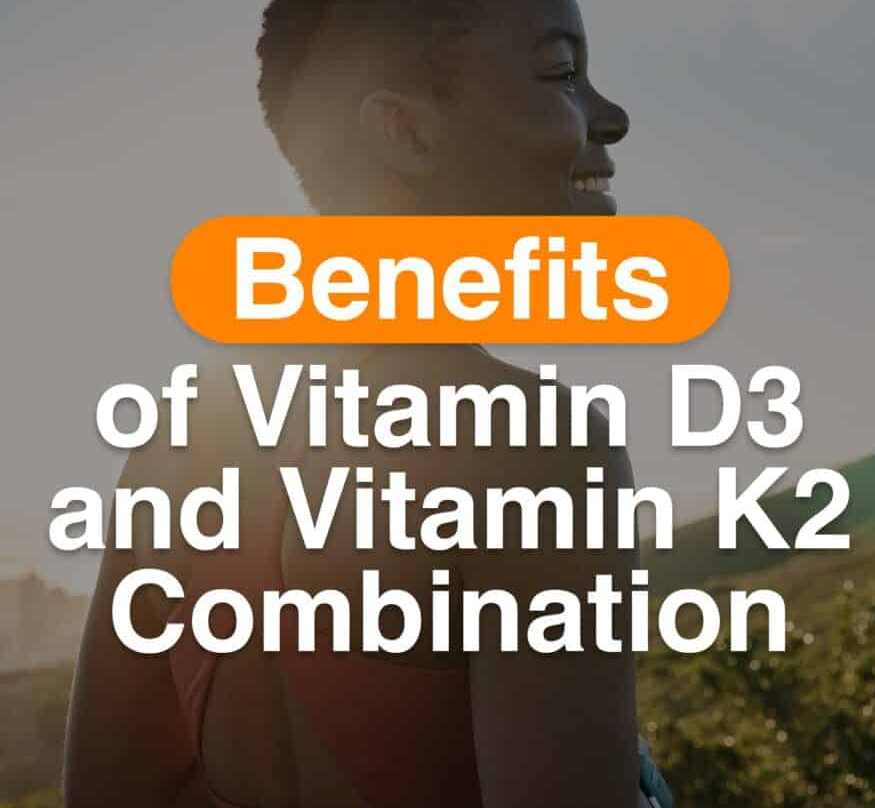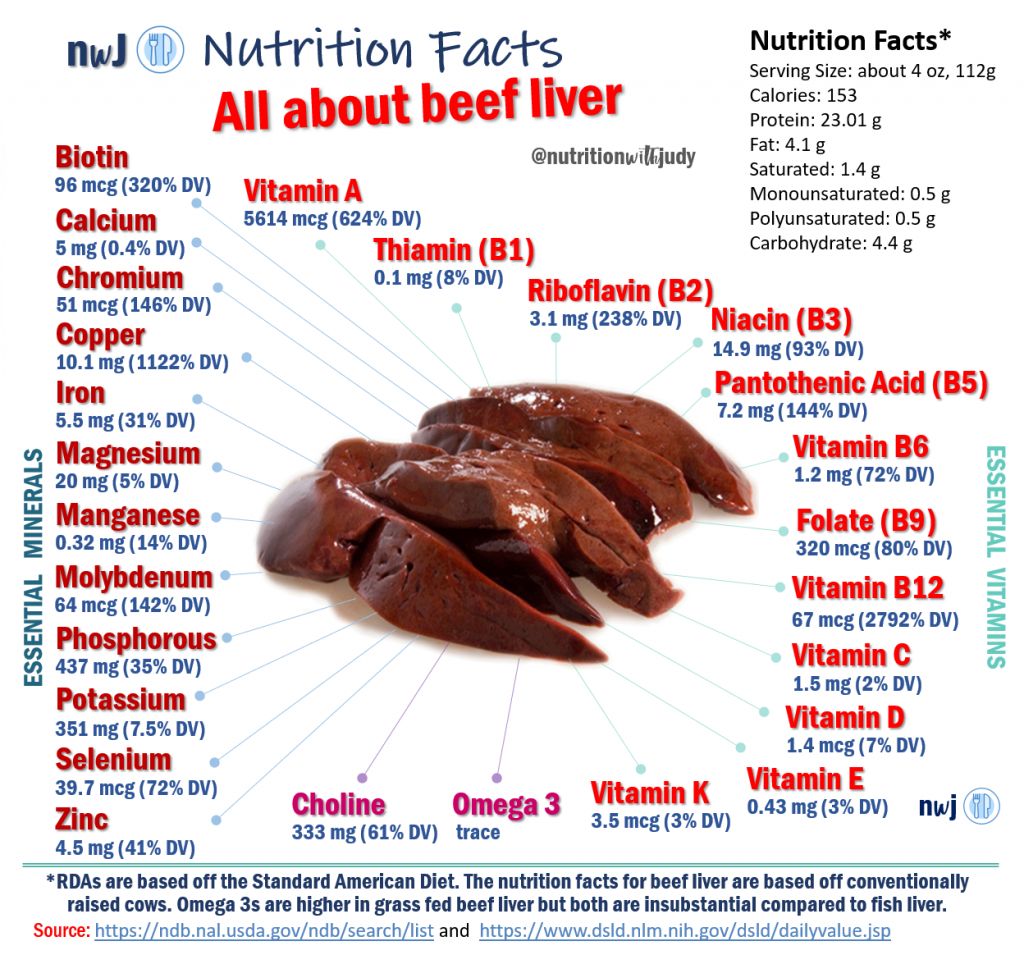
- 0 Comments
- BLOG Cardiovascular / Circulatory
INTRODUCTION There is a great deal of evidence surrounding the benefits of vitamin D3 in our diets and bodies. If you have been my client/reading my articles over the years, you would no doubt be aware that I have been vocal on optimal vitamin D3 consumption (whether it’s from the sun, food, supplementation, or a […]
Read More


